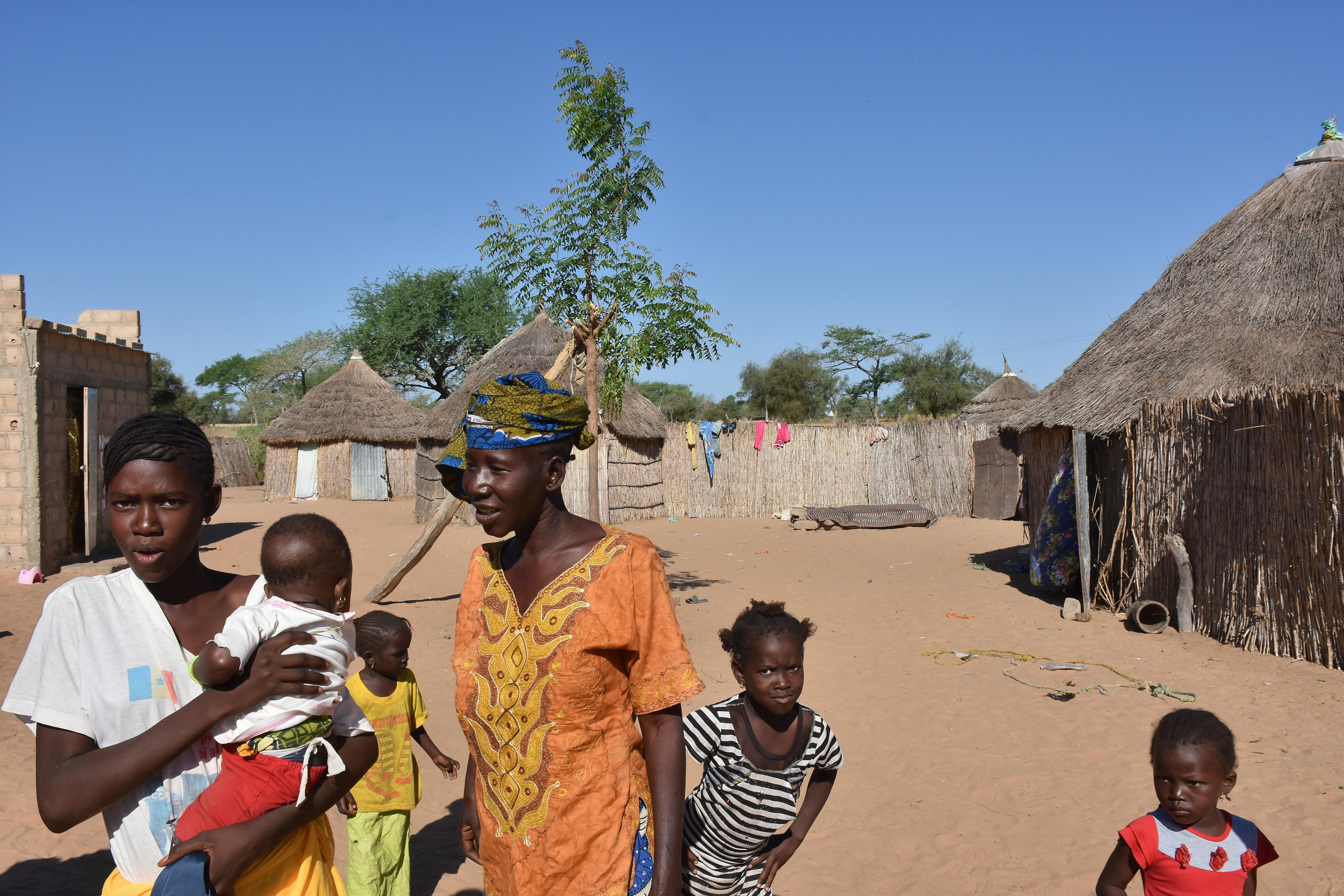
Researchers at LSTM and KEMRI have highlighted an underappreciated link between female genital schistosomiasis (FGS) and menstrual hygiene initiatives in Africa. Professor Russell Stothard, Professor Penelope Phillips- Howard and Dr Maurice Odiere authored the paper, published in the April edition of Trends in Parasitology, which featured ongoing studies on menstrual management in Kenya and its broader interplay with Neglected Tropical Diseases (NTDs) such as schistosomiasis in general.
Today some 56 million adolescent girls and women in Africa are estimated to suffer from FGS yet, while this is one of the most common gynaecological conditions in Africa, the connection between FGS and menstrual health management (MHM) has not been considered. For example, in low resource settings a lack of guidance and support, compounded by gender discrimination, can prevent adolescent girls and women from managing menstruation with confidence and dignity. There are many reports of women using makeshift materials to manage blood flow causing leakage, chafing and an inability to engage in school or work. This impacts on their health, wellbeing and potential to succeed. Lack of materials to manage blood flow can make women and girls also a target of sexual coercion, while unhygienic materials predispose them to increased risk of urogenital infections. The first focus is therefore given on supporting the MHM needs of adolescent school-age girls and women such as using reusable menstrual cups or other sanitary products.
In light of the above, the additional impact of FGS as a detrimental health driver is largely unknown but circumstantially is likely significant.
Since the infection profile of schistosomiasis typically peaks in adolescence, with overt genital tract disease present in many, it is unfortunate that FGS has received no attention to date within the MHM agenda. Furthermore, FGS has only been discussed within the sexual and reproductive health agenda, and only being recently adopted within Africa-specific HIV control strategies.
Although efforts are underway to identify and test solutions to address access to sustainable MHM products, education and clean water facilities, the additional MHM needs of girls and women with FGS is unknown. Given the clear links between poverty, schistosome-infested waters and poor MHM management, these may continue to exacerbate other dimensions of social deprivation, poverty and inequity. Although there are several intersections between FGS and MHM, spanning across management and impact, each of these are also embedded within other disease control programmes and community engagement initiatives. Therefore, obtaining a clear view of their collective importance across this complex landscape has been difficult. The current lack of dialogue between those within the NTD and MHM communities has also prevented opportunities for synergy.
Professor Penelope Phillips Howard said: “The increased attention to the neglected MHM needs of impoverished girls and women by governments, aid and donor agencies, programme implementers and researchers has been welcomed in recent years; it is time to expand this by committing to support those in exceptional need, such as girls and women suffering FGS.”
Professor Russell Stothard continued: “I think this cross-talk between female genital schistosomiasis and menstruation should be more well-known within the schistosomiasis and NTD communities, as very few are currently aware. As we move forward and work alongside colleagues at LSTM and KEMRI, we hope our article stimulates an explicit appreciation of this overlooked issue and establishes future coherent actions that better serve the neglected MHM needs of African girls and women with FGS.”
J. Russell Stothard, Maurice R. Odiere, Penelope A. Phillips-Howard,
Connecting Female Genital Schistosomiasis and Menstrual Hygiene Initiatives,
Trends in Parasitology,
2020,
ISSN 1471-4922,
https://doi.org/10.1016/j.pt.2020.02.007.